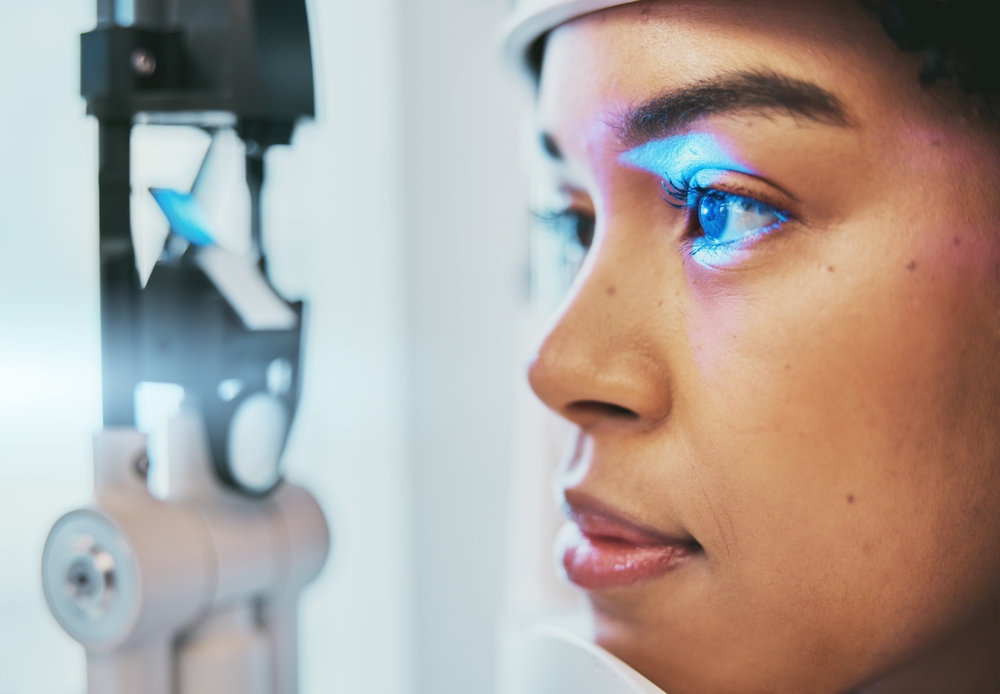
Many people often overlook the importance of regular eye exams. People tend to take their vision for granted, not realizing that it can deteriorate over time. Regular eye exams are not merely for those who already have vision problems, they are a critical part of overall health maintenance for everyone.
What Happens During an Eye Exam?
Eye exams involve tests designed to evaluate your vision and check for eye diseases. Your eye doctor may use a variety of instruments, shine bright lights directly at your eyes, and request that you look through several different lenses. Each test during an eye exam evaluates a different aspect of your vision or eye health.
The first part of an eye exam usually involves a discussion about your personal and family medical history. Your doctor will ask about any vision problems you may be experiencing, medications you are taking, and any work-related or environmental conditions affecting your vision.
The next part of the eye exam is the vision testing. This includes a visual acuity test to measure how clearly you see, a color blindness test to detect hereditary color vision deficiencies, and a cover test to check how well your eyes work together. Your eye doctor may also perform several other tests to evaluate your depth perception, peripheral vision, and eye movement.
Preparing for Your First Eye Exam: What to Expect
The process is simple and painless, designed to give your optometrist a comprehensive understanding of your eye health and vision.
Before your first appointment, it might be helpful to gather some information. This could include details of any eye problems you're experiencing, your family's eye health history, and any questions you have for your optometrist. Having this information at hand will help your optometrist to provide the best care possible.
During your first appointment, your optometrist will conduct several tests to assess your vision and eye health. These may include tests to check your visual acuity, determine your prescription for glasses or contact lenses, and look for signs of eye disease.
The Benefits of Regular Eye Exams
Regular eye exams are vital for maintaining good eye health. They can help detect vision problems early, which can be treated more effectively. Regular eye exams also mean that your eyeglasses or contact lenses prescription is kept up-to-date.
Another significant benefit of regular eye exams is detecting other health problems. Conditions like diabetes, high blood pressure, and certain types of cancer can be detected through regular eye exams, often before you have any other symptoms.
Regular eye exams can also lead to improved quality of life. Good vision makes everyday activities easier and helps you to perform your best at work or school. It also means that you will be able to drive safely, watch a movie, read a book, or simply enjoy the beauty of the world around you.
Common Eye Conditions Detected During Regular Exams
Regular eye exams can detect a range of eye conditions. Some of these conditions, if not diagnosed and treated early, can lead to vision loss. They include refractive errors (like nearsightedness, farsightedness, and astigmatism), age-related macular degeneration, glaucoma, and cataracts.
Regular eye exams can also detect conditions like diabetic retinopathy, a condition that can occur in people with diabetes. It's a serious condition that can lead to blindness if not treated early. Another condition that can be detected is retinal detachment, a medical emergency that can lead to permanent vision loss if not treated promptly.
Making Regular Eye Exams a Priority
Regular eye exams are a crucial part of maintaining your overall health and ensuring that you have good vision. Whether it's your first appointment or a routine check-up, knowing what to expect can help make the process go more smoothly.
To learn more about the importance of regular exams and what to expect at your first appointment, visit D Vision Eyecare at our Allen, Texas office. Please call (972) 649-4441 to schedule an appointment today.





